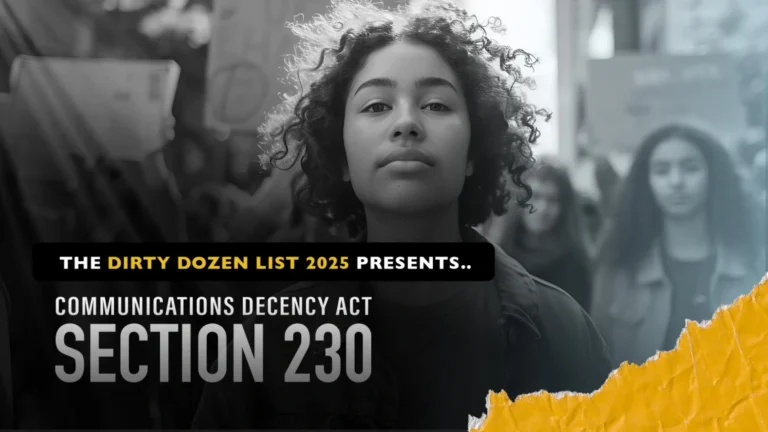On May 25, 2019, the World Health Organization (WHO) formally adopted the newest edition of its International Statistical Classification of Diseases and Related Health Problems (ICD-11), which is scheduled to be implemented in January 2022. In this new edition, they included Compulsive Sexual Behavior Disorder (CSBD) as an impulse disorder, described therein as being “characterized by a persistent pattern of failure to control intense, repetitive sexual impulses or urges resulting in repetitive sexual behavior.”
Language to be included:
Compulsive sexual behaviour disorder is characterized by a persistent pattern of failure to control intense, repetitive sexual impulses or urges resulting in repetitive sexual behaviour. Symptoms may include repetitive sexual activities becoming a central focus of the person’s life to the point of neglecting health and personal care or other interests, activities and responsibilities; numerous unsuccessful efforts to significantly reduce repetitive sexual behaviour; and continued repetitive sexual behaviour despite adverse consequences or deriving little or no satisfaction from it. The pattern of failure to control intense, sexual impulses or urges and resulting repetitive sexual behaviour is manifested over an extended period of time (e.g., 6 months or more), and causes marked distress or significant impairment in personal, family, social, educational, occupational, or other important areas of functioning. Distress that is entirely related to moral judgments and disapproval about sexual impulses, urges, or behaviours is not sufficient to meet this requirement.
But isn’t it more than just an impulse control disorder?
In the ICD-11 CSBD is only classified as an impulse control disorder, despite its phenomenological resemblance to substance dependence. According to the WHO website, this is because there exists a “lack of definitive information on whether the processes involved in the development and maintenance of the disorder are equivalent to those observed in substance use disorders and behavioural addictions.” Essentially, that means that more research needs to be done on CSBD in order that it may eventually be recognized as a substance use disorder or behavioral addiction and treated as such. The ICD-11’s recognition of CSBD as an impulse disorder is, nevertheless, a great step forward, as it opens the door to the much-needed data collection and research that could lead to further progress down the road.
Why is this a good thing?
This is also an advance in the way CSBD is perceived. No longer can it be derided as being a moral, religious way of shaming people with real struggles. Adding CSBD to the ICD-11 makes it a much more clearly diagnosable issue, so that people who struggle with it can get real help, instead of hiding in the shadows and being hurt by shame cycles. In fact, this was even one of the reasons the disorder was included, according to WHO spokesman Christian Lindmeier, who said, “Inclusion in ICD-11 is believed to help with addressing needs for treatment seeking individuals.” Addressing CSBD as a health issue gives individuals the opportunity to find healing and freedom, which is something we can all celebrate!
As mentioned in our previous blog post about the ICD-11’s adoption of CSBD as an impulse control disorder, this new classification is not to be used to excuse illegal or violent behavior, like that committed by the Poster Boys of #MeToo on NCOSE’s 2018 Dirty Dozen List.
Just as alcoholics can’t blame their dependency for driving drunk, sexually violent persons can’t blame their violent or illegal behavior on CSBD and must still be held accountable for their actions. It is important to note that n an email to Salon, sexologist and addiction therapist Robert Weiss said, “The vast majority of sex addicts never engage in illegal or sexually violent behavior.”
At NCOSE, it is our hope to see a world free from sexual exploitation. We recognize the intersectionality of the various issues of sexual exploitation, and therefore hope to see even more advances in the recognition of CSBD as a health issue so that treatment can be given, lives can be healed, and further exploitation can be stopped before it’s begun. We look forward to seeing this progress continue! For more information about the public health harms of pornography, please visit endsexualexploitation.org/publichealth.


